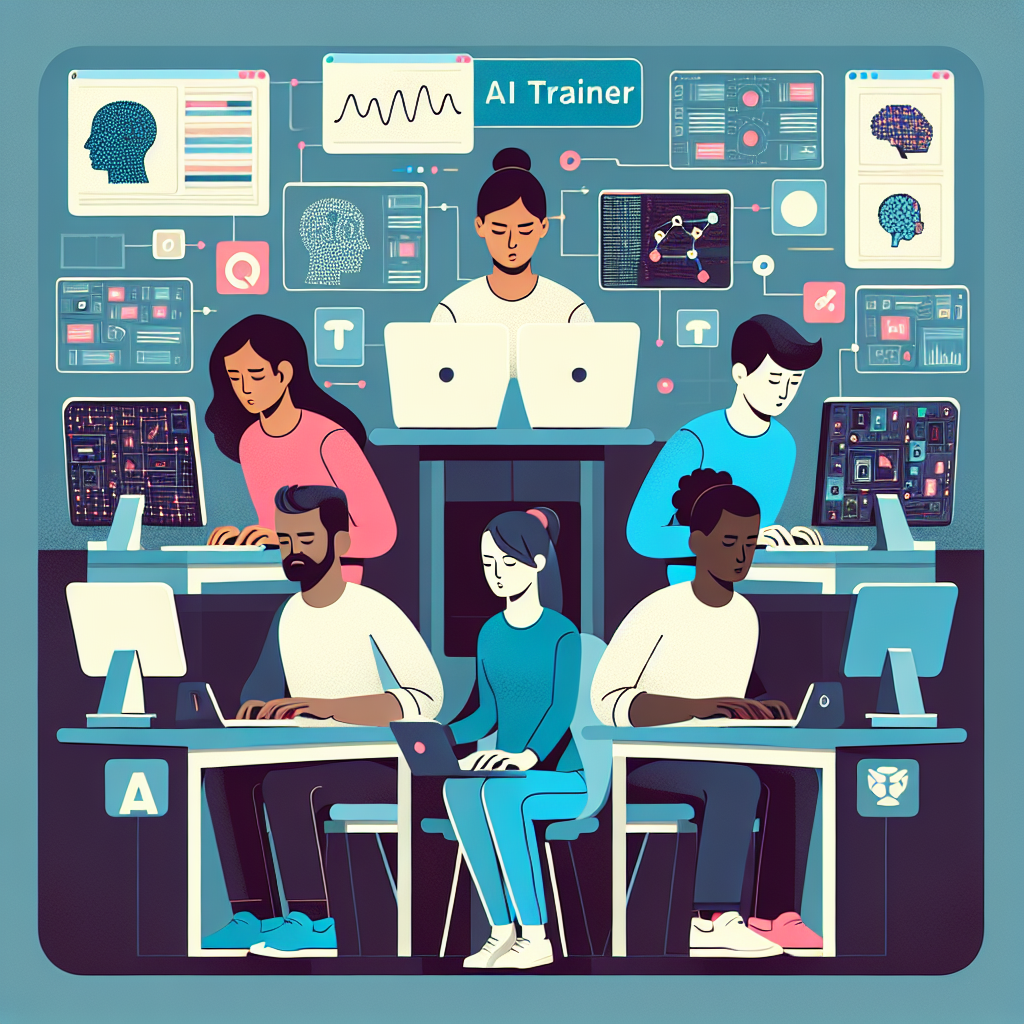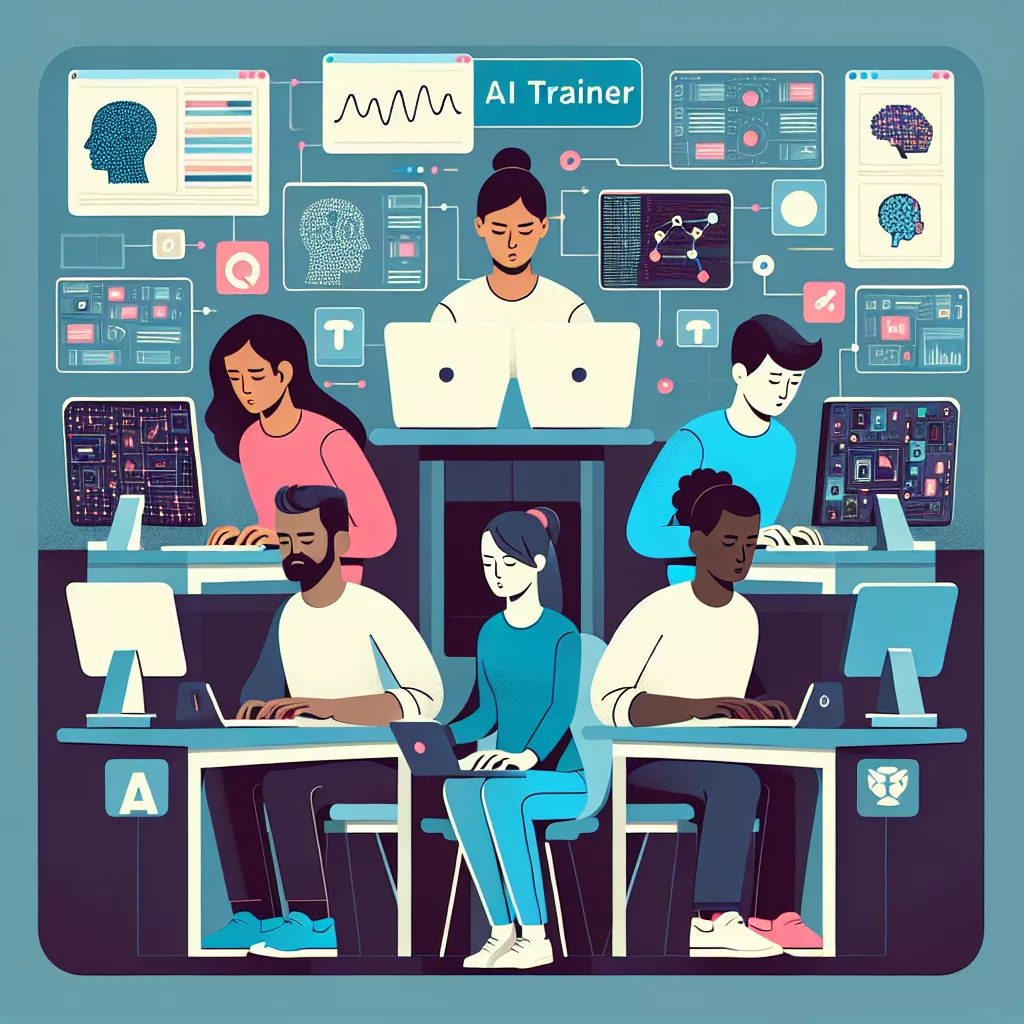Burnout risk in AI Trainers is rising, driven by rapid tech shifts and constant learning demands, warranting urgent attention in organizational strategies.

- High workload and time pressure constantly increase stress.
- Repetitive tasks can lead to mental fatigue.
- High expectations for accuracy create added pressure.
- Lack of clear career progression can be demotivating.
- Constant need to adapt to evolving AI tech is taxing.
- Insufficient recognition affects work satisfaction.
- Isolation due to remote work impacts social connection.
Data on career burnout statistics for AI Trainers suggest: Moderate.
Reasons AI Trainers burnout
According to the science to date there are key reasons people burnout at work. Here’s our top reasons why AI Trainer in the Technology category has a burnout risk of Moderate:
Burnout in the AI Trainer career role can arise from several challenges inherent to the job. One significant factor is the monotony of repetitive tasks. Training AI often involves constantly tagging, labeling, and classifying data, which can become tedious over time.
Another reason is the rapid pace of technological change. AI trainers must continuously update their skillsets to keep up with advancements, leading to high stress and anxiety about job security if they can’t keep up. This learning curve can be daunting.
The pressure to deliver high-quality, error-free datasets is another significant stressor. Data used to train models must be accurate, and any mistakes can lead to flawed models, increasing responsibility on trainers and the pressure they feel.
Furthermore, AI trainers often face ambiguous job roles, as the field is still evolving. This can create confusion and frustration, leading to burnout as individuals struggle to define and meet job expectations.
The need to balance ethical considerations in AI development adds another layer of complexity. Trainers must ensure AI models are fair and unbiased, which can be a heavy weight given societal implications.
Lastly, the lack of recognition for their contributions can contribute to burnout. While their work is crucial, it often goes unnoticed, leading to feelings of undervaluation and decreased motivation.
Burnout rate data for AI Trainer/Technology
There is limited data specifically on burnout for AI Trainers, but broader studies on burnout in the technology sector can shed light on potential challenges. Technology professionals often face high workloads, tight deadlines, and constant innovation pressure, leading to significant stress. A report from Deloitte highlights that tech workers frequently experience burnout, with a substantial number considering changing jobs as a result ([https://www2.deloitte.com/us/en.html]).
Your role as an AI Trainer may involve continuous learning and adaptation to new tools, which can increase mental fatigue. The Technology and Services Industry Association reports increasing burnout rates in tech-related roles, attributing this to the relentless pace of technological advancement ([https://www.tsia.com/]). While specific studies for AI Trainers are scarce, the general trends in tech burnout could apply, offering insights to manage your stress and well-being.
Do you have experience of Burnout as a AI Trainer or in Technology?
Share your story about AI Trainer burnout on our share your story page.
Burnout in Technology
Career Burnout Rates > Burnout in Technology > AI Trainer Burnout


